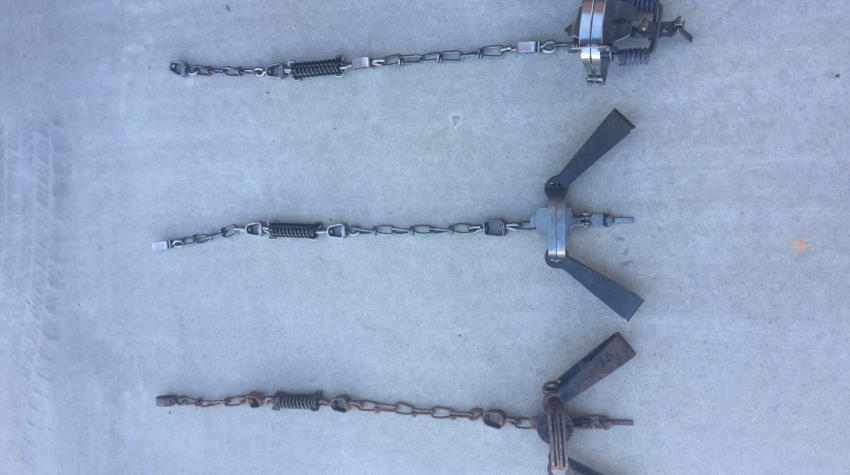
April 11, 2024Harvard Law School Clinic Calls for End to Use of Cruel Traps in Connecticut
For Immediate Release: April 11, 2024
Hartford, CT – Harvard Law School’s Animal Law & Policy Clinic is urging the Connecticut Department of Energy and Environmental Protection (DEEP) to safeguard wildlife by prohibiting the use of leghold and body-gripping traps. These barbaric devices, generally set underwater in the state, are designed to slam shut on an animal’s foot or body, causing an agonizing death by drowning. If the animal doesn’t drown or the leghold trap is set on land, victims endure prolonged panic and may chew or rip off their own limbs to escape.
“The gruesome injuries that leghold and body-gripping traps inflict are difficult to stomach,” says Kira Horowitz, a third-year law student who co-authored the letter. “Even so-called padded leghold traps frequently cause leg fractures, joint dislocations, and even limb amputations in the animals they capture.”
The Clinic’s comprehensive letter points out that these traps are also notoriously indiscriminate, often capturing animals other than the species targeted. DEEP doesn’t require trappers to report accidental captures of non-target species, so it is impossible to know how many animals are truly impacted by trapping. However, the Clinic’s review of public records revealed that between 2017 and 2022 DEEP’s Environmental Conservation (EnCon) Police received numerous complaints about animals grievously injured or killed by these traps, including birds protected by federal and state law and even dogs and cats.
“Even when trapping regulations are followed to the letter, there is still no way to prevent leghold or body-gripping traps from wrongfully catching non-target animals,” adds letter co-author and third-year law student Savannah Bergeron. “Any animal who comes into contact with a trap is at risk of serious harm at best, or a grisly end at worst, and that includes ducks, raptors, deer, dogs, and cats.”
Under the Connecticut Environmental Policy Act (CEPA), every state agency has a duty to act as trustee of the environment for present and future generations and a continuing responsibility to ensure that its policies are fulfilling that duty. The Clinic’s letter argues that DEEP’s policies allowing the use of leghold and body-gripping traps are inconsistent with this mandate. The letter also highlights a variety of safe, humane alternatives to trapping that promote coexistence with wildlife.
Nine states—including Connecticut’s neighbors Massachusetts and Rhode Island—have banned or significantly limited the use of leghold traps.
***
For more information or interview requests, please contact:
Rachel Mathews, Harvard Animal Law & Policy Clinic, [email protected], 703-489-7902
